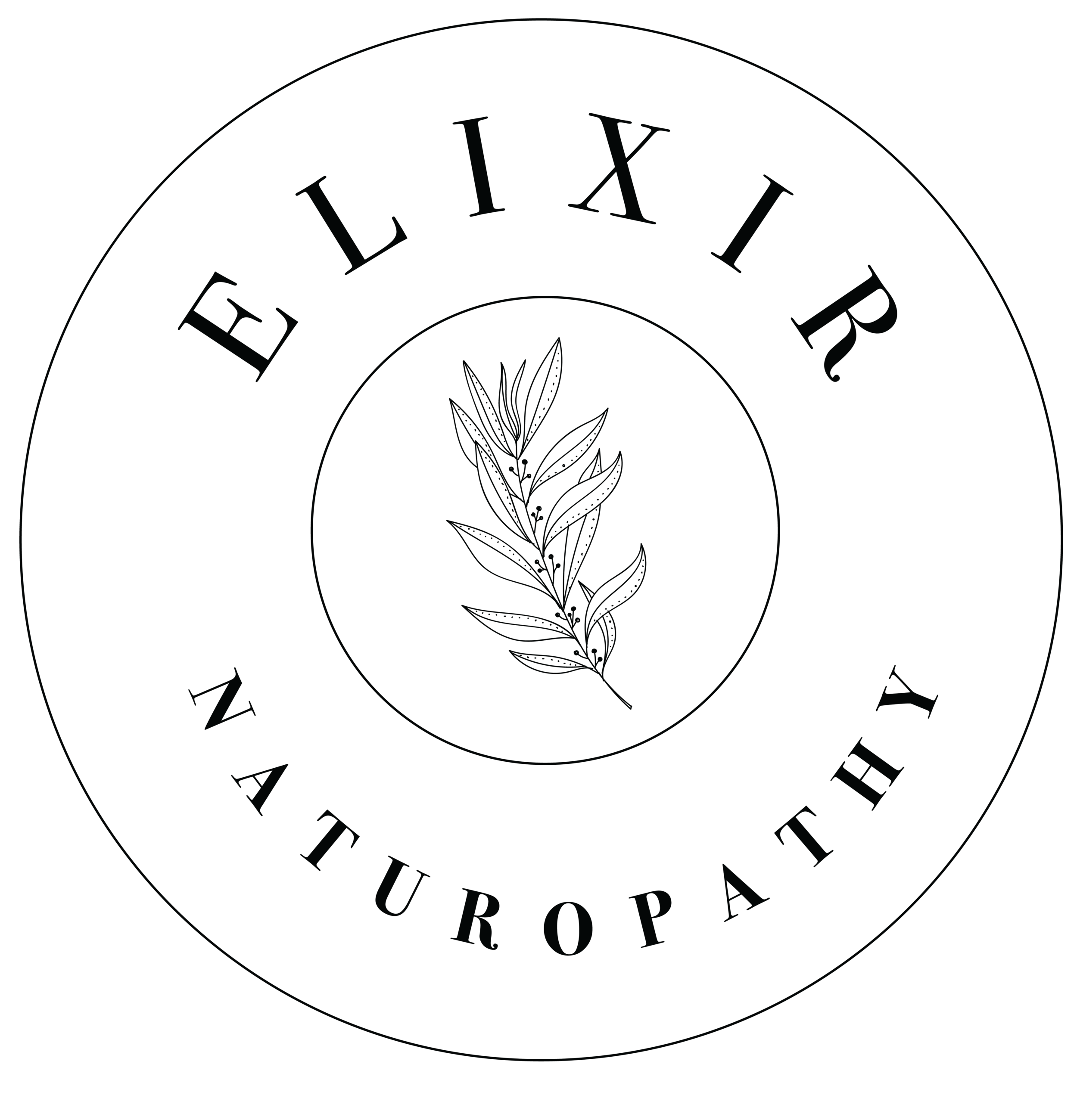6 Ways to Eliminate PMS
Premenstrual syndrome (PMS) is a common health condition experienced by up to 75% of women of reproductive age. PMS is a group of symptoms, both physical and emotional, experienced by a woman in the two weeks leading up to menstruation, also known as the luteal phase. With symptoms usually subsiding shortly after menstruation begins.
In some cases PMS can develop into premenstrual dysphoric disorder (PMDD). PMDD is a more severe form of PMS, effecting about 3-6 % of women. PMDD be so debilitating that it impacts one's quality of life. Women who have had major depression are more at risk than others to experience PMDD.
The Cause
The cause of PMS is an imbalance in hormones. Particularly oestrogen, which increases in relation to progesterone, which may also decrease. This imbalance may be influenced by a diet high in refined sugar, refined carbohydrates, caffeine, dairy products, stress or even environmental toxins such as pesticides or xenoestrogens. High consumption of alcohol can also impact hormones as it impacts liver function preventing the metabolism of oestrogen. Imbalances in digestive bacteria (dysbiosis) may also contribute. Some species of non beneficial bacteria can create a chemical called beta-glucuronidase which reactivates oestrogen that's been metabolised by the liver. This reactivated oestrogen is then sent back into portal circulation to be circulated throughout the body.
Symptoms
Symptoms of PMS vary between women but generally include a combination of the following:
Anxiety or depression
Crying
Abdominal bloating
Acne
Constipation or diarrhea
Irritability or anger
Food cravings
Changes to libido
Headaches
Fatigue
Breast tenderness
Weight gain or fluid retention
These symptoms occur in a cyclical pattern but may vary in intensity from month to month.
Natural ways to eliminate PMS
PMS doesn't need to be endured. There are some simple ways to combat this condition.
1. Wholefoods diet
Cleaning up your diet should be a no brainer regardless of your health. If your diet is not at its best, no amount of supplements will help.
Eat a wide variety of fresh seasonal fruit and vegetables, lean meat, fresh fish, good quality fats from olive oil, avocado, organic grass fed butter (if you are not intolerant).
Fibre from whole grains, nuts, seeds, fruit and vegetables, and beans to promote healthy digestive bacteria growth and aid in the excretion of metabolites, toxins and chemicals.
Consuming fermented foods will promote beneficial bacteria
Cruciferous vegetables like cauliflower, brussel sprouts and broccoli are high in glucosinolates. Glucosinolates when broken down through chewing and digestion convert to indole 3 carbinol (I3C). It is I3C that then breaks down to diindolylmethane (DIM) that promotes phase 1 liver detoxification down the 2-hydroxy pathway in the process of metabolism and excretion.
Avoiding refined sugars, caffeine and alcohol.
2. Magnesium
Magnesium is one of the most common deficiencies facing our population. Supplementing with magnesium has been found to improve metabolic function and improve hormone metabolism leading to a reduction in PMS symptoms such as cravings, mood swings, irritability, depression, anxiety, bloating, fluid retention, breast tenderness, headaches and poor sleep.
3. Borage Oil
Borage oil, derived from the borage plant, is the richest natural source of gamma-linoleic acid (GLA), followed by black currant oil and evening primrose oil. GLA is an important polyunsaturated omega-6 fat that can suppress inflammatory responses by directly influencing inflammatory cells. This can lead to a reduction in cramping and pain associated with PMS. Borage oil is also said to have an uplifting and euphoric effect, which may help ease mood swings and depression.
4. Regular exercise
Regular exercise increases endorphins which can reduce pain and improve mood. A 2013 study showed that just 8 weeks of aerobic exercise can greatly reduce the symptoms of PMS.
5. Ditch the plastic
Plastics contain endocrine disrupting chemicals that alter the balance of hormones in the body. Xenoestrogens are a particular subtype of endocrine disrupting chemical that has an oestrogen like effect in the body. They mimic our natural hormones, binding or blocking receptors. Xenoestrogens also store in the body in adipose (fat) tissue where over time they can build up. Xenoestrogens have been implicated in breast, prostate and testicular cancer, obesity, infertility, endometriosis, miscarriages and type II diabetes.
6. See a practitioner
If after making these small changes you are still experiencing PMS, you might want to consider see your naturopath. They can evaluate your particular health as a whole and help you to identify the underlying cause of your particular symptoms through extensive questioning and functional testing.
Melissa Briggs is an experienced Brisbane based Naturopath with a particular interest in women’s health and thyroid disorders. Need help with your health? Get in touch here.


